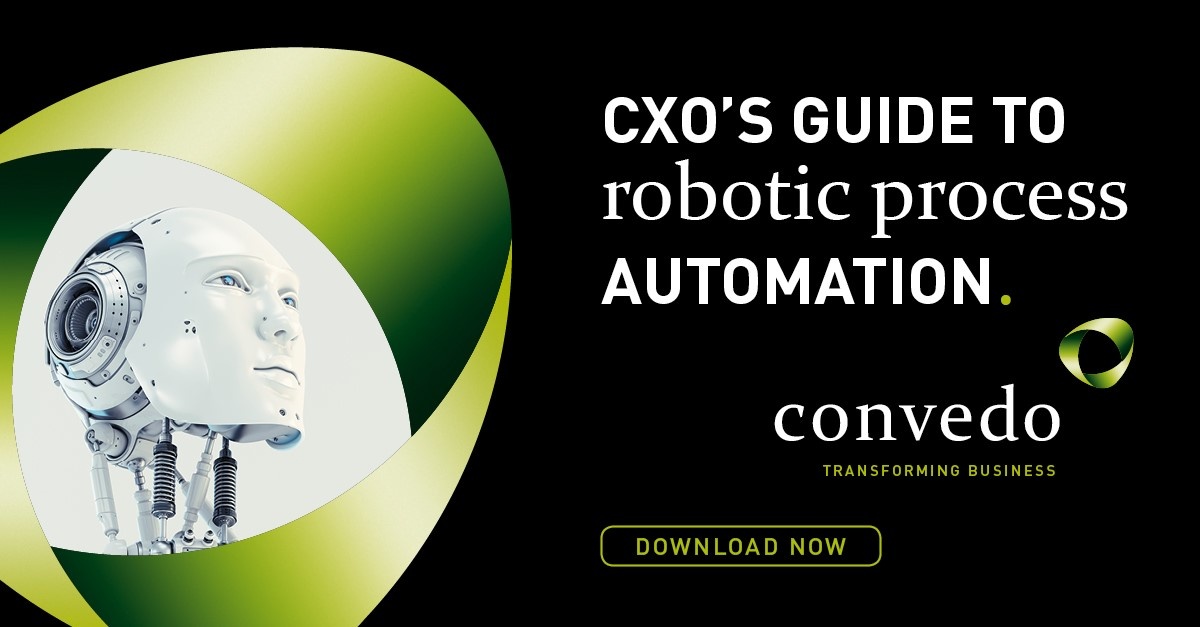Artificial Intelligence Is Already Here

Is Your AI and Automation Strategy Right for You?
When you hear the words "artificial intelligence," the first thing that comes to mind might be a super-intelligent computer or a walking, talking robot — both of which remain firmly in the domain of science fiction. Yet AI isn't just restricted to these far-out ideas: businesses of all sizes and industries are already using AI technologies to digitally transform their processes and operations.
Advances in fields such as computer vision, machine learning, and speech recognition and processing are enabling companies to take advantage of AI tools and technologies, thereby improving productivity and cutting costs. IT research and advisory firm Gartner predicts that, in the next three years, companies that use cognitive ergonomics and system design in new AI projects will see long-term success four times as quickly as their competitors.
Nevertheless, many organisations remain unaware of these developments, or they're wary about enacting what they view as such a radical transformation. Perhaps understandably, traditionally-minded companies have a lot of questions about leveraging the benefits of AI, such as:
- How can I start using AI without having to get a PhD. in computer science?
- What are my options for enterprise AI solutions? Which vendors are the best or the most popular?
- Will I get "left behind" if I don't start using AI?
Yet, in a certain sense, these questions are the wrong ones to be asking. They focus too much on the particulars of a given solution and not enough on the business problems that motivate them. The companies who use AI most successfully aren't just implementing AI for its own sake or because it looks cool; they're doing so because it makes the most sense for their needs and objectives.
How AI Is Hitting the Mainstream
From chat-bots to self-driving cars, major corporations are already deploying AI-enabled solutions in ways that align with their products and mission. Two leaders in the AI space are General Electric and Audi.
General Electric
The venerable, 125-year-old GE has shown in recent years that it's not afraid to innovate with technologies such as AI.
Audi
Transportation companies from Uber to Tesla have all launched major initiatives into developing self-driving cars, but it's automotive manufacturer Audi that's leading the way.
Self-driving technologies such as Tesla's Autopilot and Cadillac's Super Cruise are so-called "Level 2" features, in which a human driver still needs to pay attention to the car's behaviour and be prepared to take control immediately. Audi, however, has announced a new version of its A8 sedan with "Level 3" self-driving autonomy, in which human drivers can safely turn their attention away from the road.
What's Next for AI?
For example, marketing teams are using AI software that can sift through massive quantities of data in order to make intelligent decisions about targeted campaigns. Meanwhile, a growing number of customer support teams are deploying chat-bots that can handle routine, straightforward user queries themselves in order to reduce the load on human support agents.
According to market intelligence firm IDC, worldwide revenues for cognitive and AI systems reached a high of $12.5 billion in 2017. The last few years have seen a massive upsurge in AI adoption: although 38 percent of enterprises were already using AI tech in 2016, that number is expected to reach 62 percent by the end of this year.
Despite the major potential that AI holds for business process management and digital transformation, critics warn that AI-enabled automation could spawn waves of job losses, or even an "AI apocalypse" in which super-intelligent machines take control of the planet away from their human creators. A look at the past, however, reveals these fears to be largely unfounded. For every dangerous or routine job that has been displaced by automation, higher-value opportunities have risen to replace it.
The future of AI is looking so bright that Gartner predicts nearly every new software product or service will contain AI technologies by the year 2020.
Choosing the Right AI Partner
If you're looking to bring AI into your own organisation, start first by examining your key business processes. Look for slow, tedious, inefficient bottlenecks that you could optimise, or for points where human activities can be guided and supported by insights from an AI.
Understand that the super-intelligent AIs of science fiction are a long way off from today's reality. Humans and AIs each have strengths and weaknesses that directly complement each other, allowing you to achieve more in combination than each could do apart.


